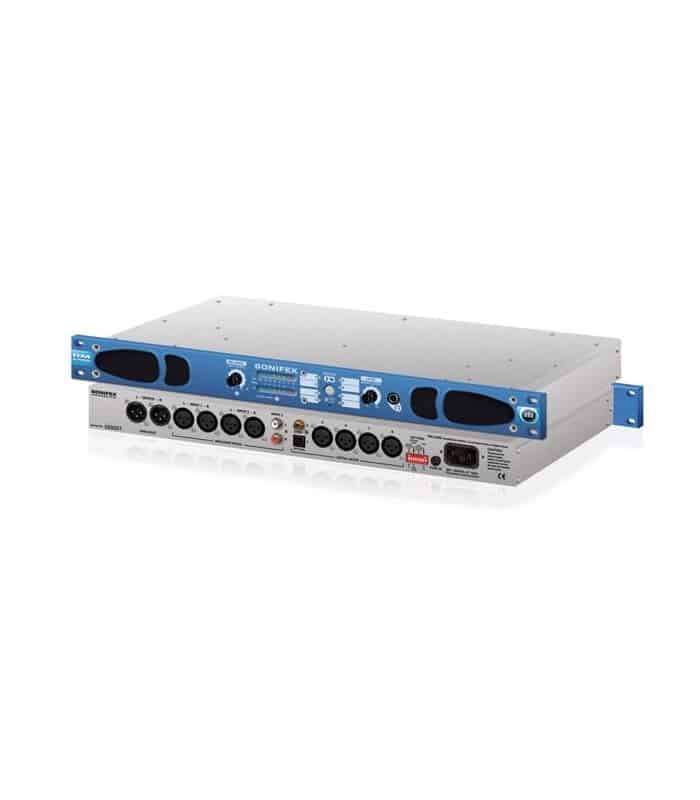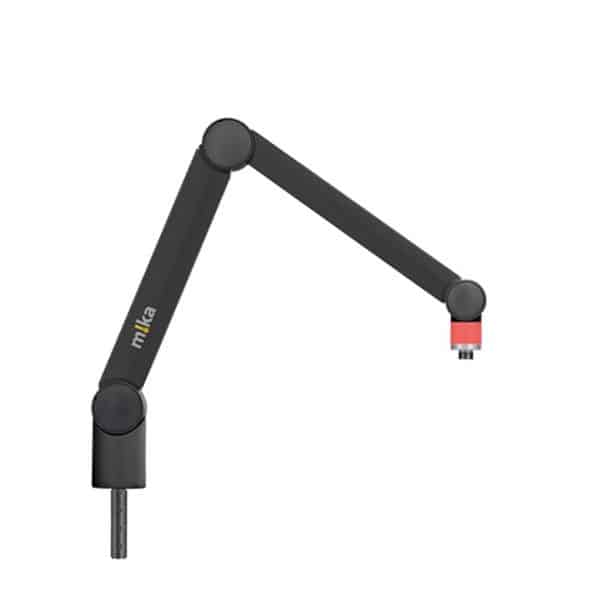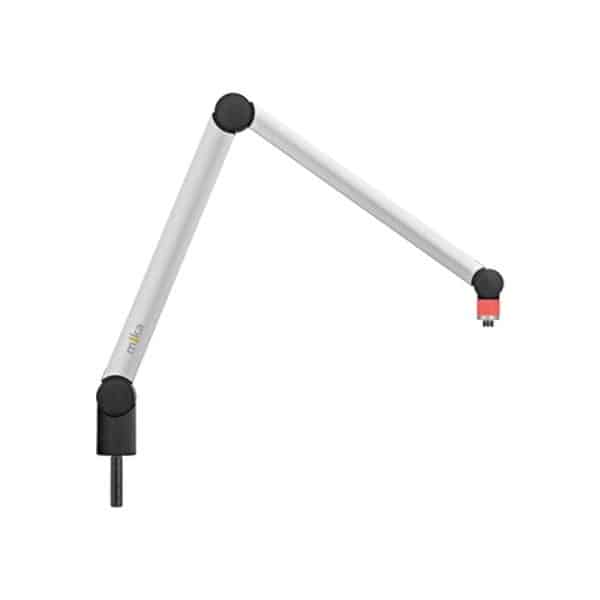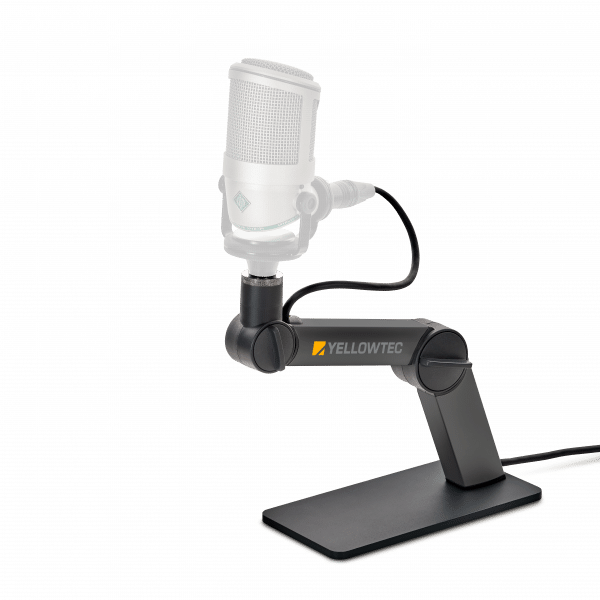Description
The latest additions to the Reference Monitor range of 1U rack-mount audio monitors are two new confidence monitors. Using the same outstanding speaker system as the Reference Monitor range, the confidence monitors offer a superb sound with a cut-down feature set. The confidence monitors have been designed to give the best possible performance at a reduced price:
The RM-CAD8 has all the features of the RM-CA2 together with the ability to select from an additional 6 stereo digital inputs. As well as the 2 stereo analogue inputs there are also:
4 x stereo AES/EBU balanced inputs on XLR 3 pin female.1 x stereo S/PDIF unbalanced input on RCA phono female.1 x stereo TOSlink unbalanced input on an optical connector.
The source select button illuminates to indicate synchronisation lock to the incoming digital source.
Sample rate converters on the digital inputs allow sources of different sample rates to be connected and monitored, between 32kHz and 96kHz.
All other features of the unit are identical to the RM-CA2.
The RM-CA2 is a 1U rack-mount unit offering quality loudspeaker monitoring and 2 channel metering of two stereo analogue audio sources. Input 1 has stereo balanced Neutrik™ XLRs and Input 2 has both stereo balanced Neutrik™ XLRs and stereo unbalanced RCA phono connectors. The balanced analogue inputs can be wired unbalanced if required.
Sources are selected via a front panel push-button switch, with clear LED indication of the current source.
A rear panel DIP switch setting allows the unit to monitor either:
– Stereo signals, with the two front panel control knobs acting as stereo volume and balance control, to alter the stereo imaging of the left and right channels, or
– Dual mono signals, with the two front panel control knobs acting as left and right volume controls.
There is a front panel headphone socket which responds to the volume controls and the headphone socket automatically mutes the internal loudspeakers when a plug is inserted.
A pair of line-level analogue audio outputs follow the selected source at the selected level, or optionally at 10dB lower (if using the unbalanced input), set via rear-panel DIP switch.
The level of the chosen source is shown on an 8 segment LED bar-graph display with PPM and VU scales indicated. The bar-graph can optionally be lowered by 10dB (if using the unbalanced input), set via rear-panel DIP switch.
A single phase meter LED indicates channel correlation or phase error conditions.
The three-way loudspeaker system is fed via a DSP-based active crossover and a trio of highly efficient Class-D amplifiers. Careful attention to driver selection, materials and case design, plus active DSP equalisation, has ensured a flat response and outstanding reproduction from such a shallow unit. A protective limiter prevents damage to the loudspeakers under overload conditions
The RM-CA2 operates from global mains voltages (85-264V AC, 47-63Hz) without adjustment and can optionally be ordered with a DC 9V to 36V input instead of the AC input.
Attributes:
– Anti-vibration steel case.
– Sealed lid with foam cut-outs to dampen lid.
– Multi-point screw fixings ensure lid rigidity.
– Rear connector ports sealed with foam.
– Glue used on components which could move, or vibrate.
– Accurate 3-way speaker system.
– Two mid/high frequency speakers provide excellent stereo imaging.
– Separately driven, forward facing, dual magnet, mono bass driver.
– Custom-moulded, profiled, HF enclosures minimise standing waves.
– Acoustic damping in the HF enclosures reduces colouration.
– Separate, sealed, infinite-baffle enclosure for each driver.
– Magnetically shielded drivers so that the monitors are perfectly safe to use near CRTs and TFT displays.
– Separate, highly efficient class-D switching amplifier for each speaker.
– Short, even cable lengths to and from the speaker enclosures to reduce any potential microphonic induction.
– DSP based design allows better audio performance to be realised.
– Active crossover provides perfect separation between mid-range and bass sounds.
– A universal power supply ensures global voltage operation without adjustment.
– Optional DC power input.




